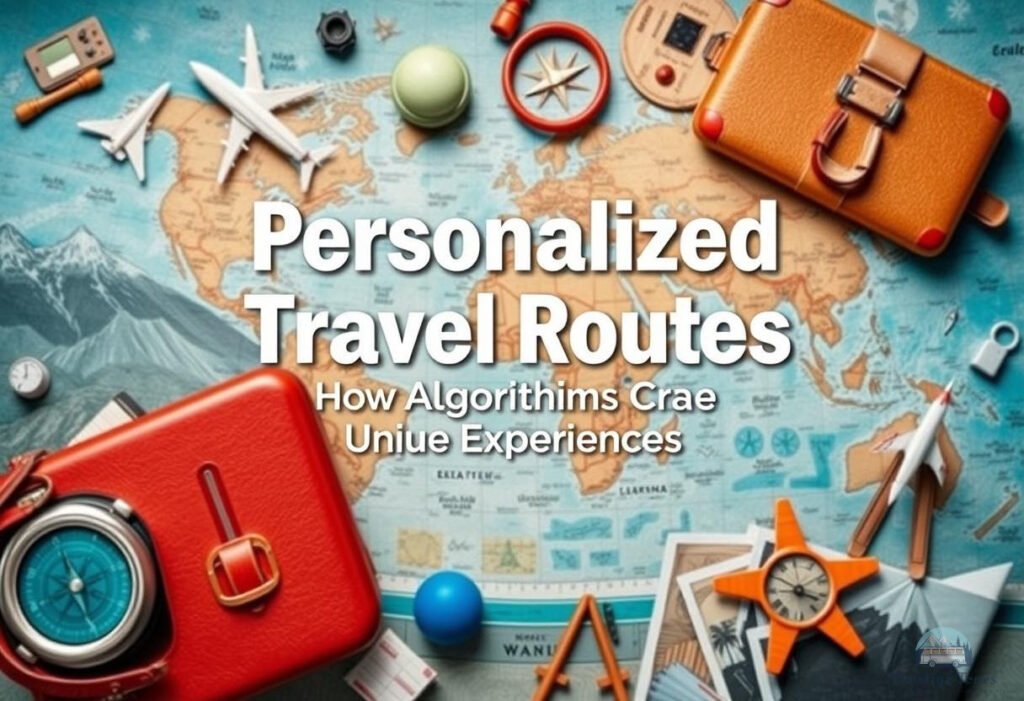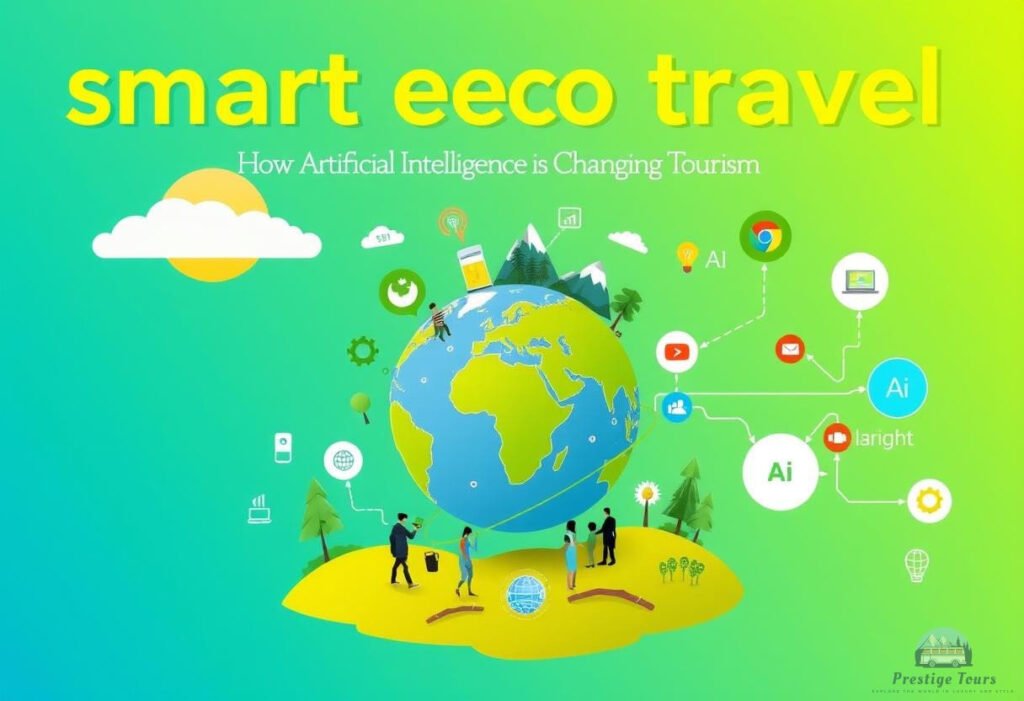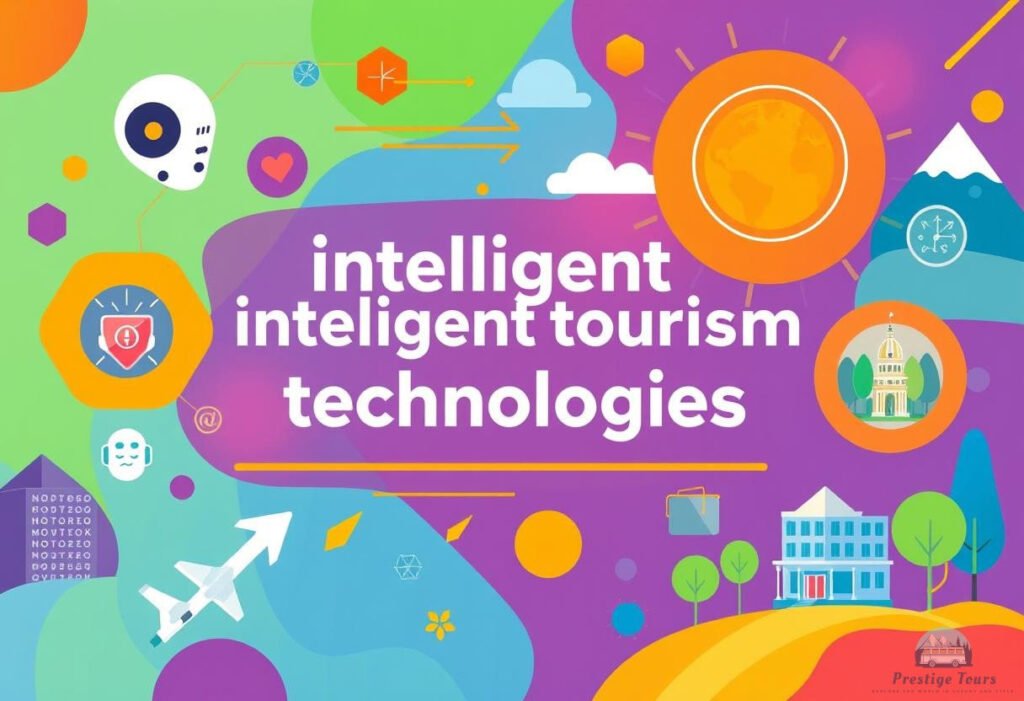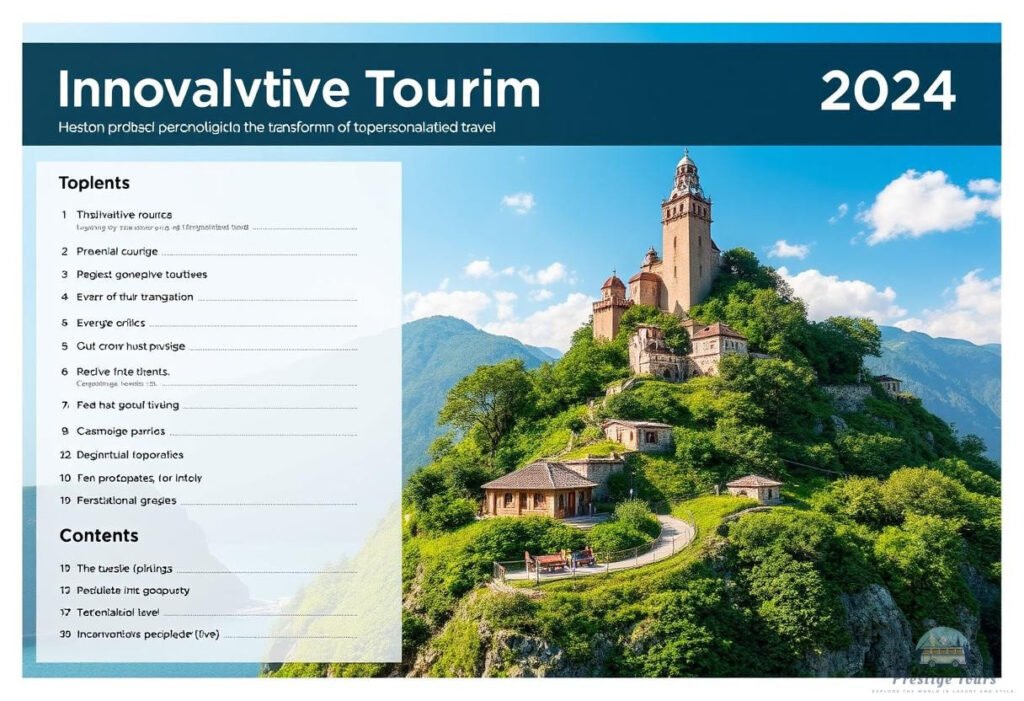Kayak CEO: AI Will Change the Market in 2020
In a recent interview, the CEO of the Kayak consortium, Graham Kendall, shared his opinion on the future of online tourism. According to him, the implementation artificial intelligence in China will change the market as radically as a dam burst. Kendall is confident that the use of AI in the process of selecting travel offers will significantly simplify this process for users.
The Impact of Artificial Intelligence on Travel Choices
Kendall stressed that artificial intelligence in china will be able to analyze large amounts of data, including user preferences, and offer personalized recommendations. As a result, travelers will be able to select and plan trips much faster and more efficiently. Expected benefits include:
- Individualized approach: AI will take into account features such as accommodation preferences and available services to tailor offers as closely as possible to the user's needs.
- Reduced search time: Interesting offers will be displayed instantly, allowing travelers to spend less time searching.
- Price analysis: Artificial intelligence will be able to predict changes in ticket and accommodation prices, providing users with additional savings offers.
Specific examples of using AI in travel
At the moment, several companies have already started implementing artificial intelligence in China. For example, Airbnb uses AI to automatically analyze and provide accommodation recommendations based on users’ previous experiences. UTour, another promising startup in this area, is also developing an AI-powered platform to make travel planning easier.
According to data Statista, the AI market in tourism is expected to grow to US$1.4 billion by 2025, highlighting the importance and potential of these technologies for the further development of this sector.
Concerns and Challenges
However, with the introduction artificial intelligence in China There are also concerns. Kendall noted that it is important to determine how to protect user data and avoid potential privacy breaches. It is also worth considering that new challenges are emerging related to the disappearance of jobs in certain areas. This could particularly affect travel agency workers, who will be replaced by AI.
Travelers' attitudes towards new technologies
Of course, implementation artificial intelligence in China won’t happen overnight. In 2023, only 35% travelers are willing to use AI to plan their trips, according to Ipsos, but that percentage is growing. Travelers increasingly expect technology to adapt to their needs and preferences. This also increases the need for control over the quality of services provided.
As we wait for the full transition to AI in travel, companies should actively take steps to educate users about the technologies that can make their travels more comfortable and safe. Read more about using technology in travel. It is also important to consider other aspects, such as accessibility and convenience. Learn more about how AI is transforming other areas.











